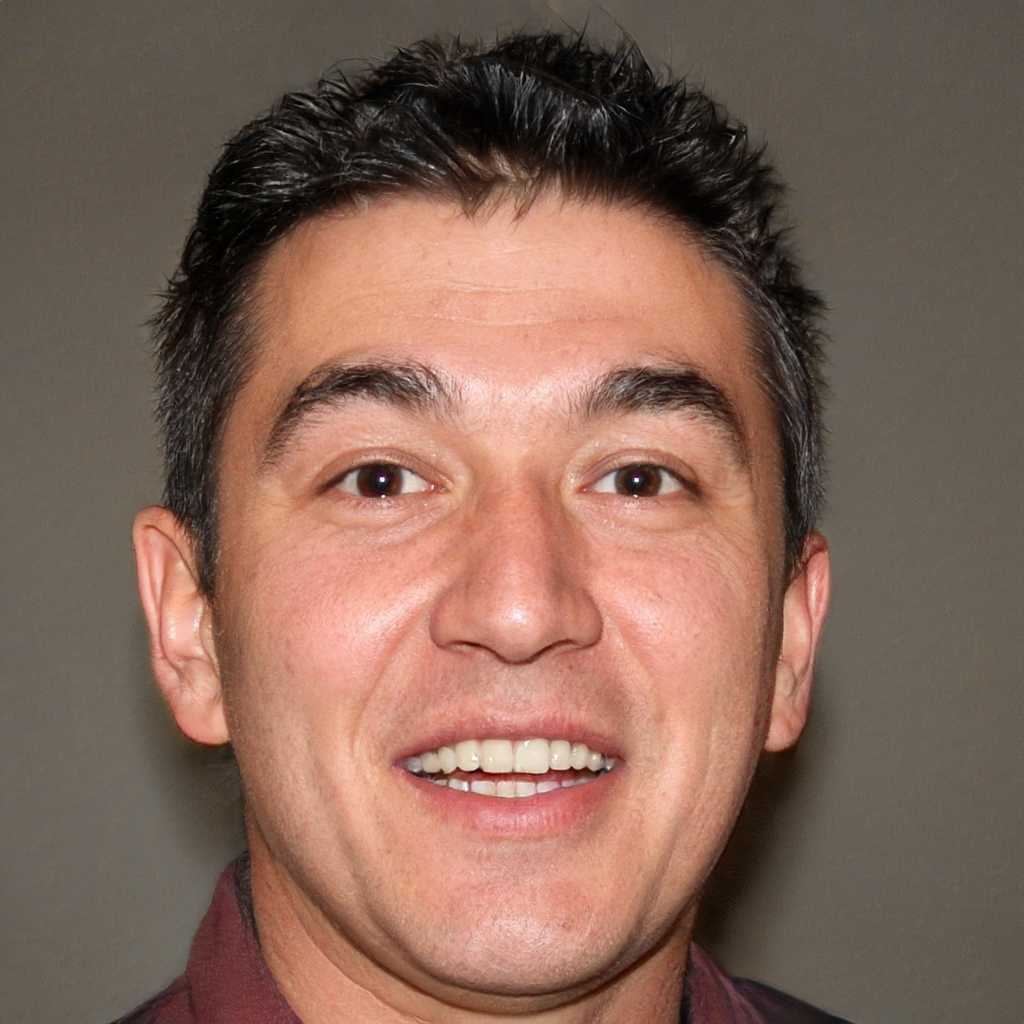Passing the SHELF exam requires a strategic and thorough approach. The SHELF exams test students on the clinical knowledge and skills pertinent to specific medical specialties. Here are ten tips to help you excel in these challenging exams.
1. Get Your Schedule Together
Creating a detailed and realistic SHELF exam study schedule is essential for efficient preparation. Start by assessing the time you have until the exam. Break down topics into manageable segments. Allocate specific time slots for each. Consistency is key. Aim to study a little each day rather than cramming at the last minute.
2. Develop a Plan
The most effective study plan is tailored to your strengths and weaknesses. Begin by assessing your current knowledge base and identifying areas where you need the most improvement. Allocate more study time to these weaker areas while still reviewing your stronger subjects to maintain your proficiency. Regularly update your plan based on your progress, and be flexible to adjust your focus as needed. This customized approach makes the most efficient use of your study time and addresses all necessary content in a comprehensive way that works with your learning style.
3. Don’t Be Passive
Engaging in active learning techniques significantly improves your chances. Instead of passively reading, actively engage with the material by teaching concepts to peers. Tools like Anki for flashcards can help implement these techniques efficiently. Active learning transforms passive study into an interactive process. This makes the material more memorable and easier to recall during the exam.
4. Practice Often
Practice exams are invaluable in your preparation. They not only familiarize you with the exam format and timing but also help identify areas where you need further review. Regularly taking practice exams under timed conditions can help build stamina and reduce test anxiety. After each practice test, thoroughly review your answers, especially the incorrect ones, to understand your mistakes and learn from them. This process helps you adapt your study plan to focus on weak areas.
5. Get Clinical
Integrating clinical experiences with your study sessions can bridge the gap between theoretical knowledge and practical application. During your clerkships, actively participate in patient care. Don’t be afraid to ask questions. Discuss cases with attending physicians and residents. Relating what you learn from books to real patient scenarios reinforces your understanding and prepares you for the clinical vignette-style questions often found on the SHELF exams.
6. Study the Outline
A thorough understanding of the exam’s content outline can guide your study efforts. Each SHELF exam has a specific focus and content distribution. Familiarizing yourself with these outlines helps ensure you cover all necessary topics. Prioritize high-yield topics and common clinical scenarios within each specialty. Knowing what to expect can reduce anxiety.
7. Get Healthy
Maintaining a healthy lifestyle is crucial for brain function. Adequate sleep is essential. Regular physical exercise improves blood flow to the brain. It reduces stress. Cognitive performance is enhanced. Eating a balanced diet ensures your body and brain receive necessary nutrients.
8. Study
Study groups can provide additional motivation, support, and perspectives. Group study allows for discussion of difficult concepts. Explaining concepts to others is a powerful way to reinforce your own understanding. Peer support can alleviate stress and provide a sense of camaraderie. This makes the study process more enjoyable.
9. Get Guidance
Seeking guidance from mentors can be helpful. They can offer insights into effective study strategies. They may recommend useful resources. They can also give tips on managing time and stress. Their experience can help you avoid common pitfalls and approach your preparation more strategically.
10. Stay Upbeat
Keeping motivated is essential. The SHELF exams are challenging. It’s normal to feel overwhelmed. Set realistic goals. Embrace the huge challenge and excitement. Remind yourself of the bigger picture – becoming a competent and compassionate physician.
You Can Pass This Exam
In conclusion, passing the SHELF exam requires a combination of strategic planning, consistent effort, and a comprehensive approach to studying. The above strategies play a crucial role in building the knowledge, skills, and confidence needed to progress in your career.





